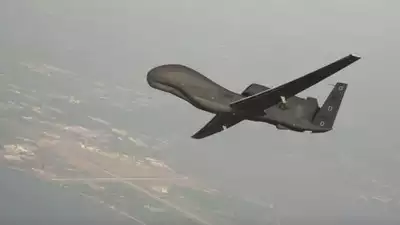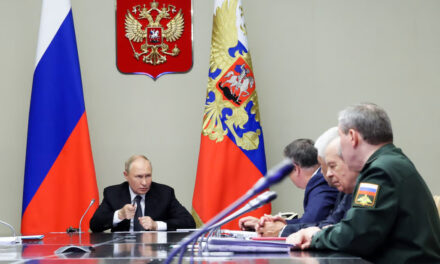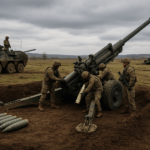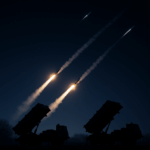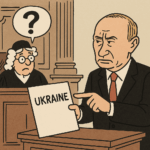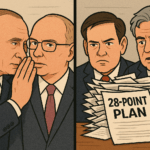The interview with Kyrylo Budanov, the head of the Main Directorate of Intelligence of the Ministry of Defense, delved into various significant topics. Notably, Budanov’s tone was marked by increased caution in his predictions compared to previous interviews. Instead of addressing specific military actions, the conversation shifted towards the potential implications of the ongoing war in Israel on Ukraine.
The discussion unfolded around the Israeli conflict, with Budanov providing insights into the ongoing operations aimed at regaining control over territories and countering terrorism. Concerns were raised about Hezbollah’s activities in the north of Israel, but the situation was described as being under control, albeit with uncertainties about future developments.
A notable aspect touched upon was the potential Russian involvement in the conflict, with mentions of trophy weapons from Ukraine being transferred to the Hamas group and unique tactics, such as the use of FPV drones, attributed to Russian influence. The interview shed light on Russia’s broader actions, including broadcasting in Arabic and relocating a spacecraft to Israel’s orbit, suggesting an expansion of intelligence capabilities shared with interested parties.
Turning the focus to Ukraine, Budanov expressed thoughts on the possible impact of the Israel conflict on the country. The provision of military aid might face challenges if conflicts persist, with emphasis placed on ensuring the safety of Ukrainian citizens in Israel and the Gaza Strip.
Global concerns were raised about the possibility of approaching a third world war, given interconnected conflicts involving common countries. The interview also touched upon the anticipated challenges Ukraine might face in the coming months, particularly in the realm of energy infrastructure, with an emphasis on the renewed battle for electricity.
In terms of military aid and diplomacy, the discussion acknowledged potential challenges if conflicts extend over time. Ukrainian efforts were underscored as being directed towards citizen safety and maintaining security assistance. Budanov conveyed a sense of urgency regarding the need for increased air defense capabilities for Ukraine.
The Zaporizhzhia Nuclear Power Plant (ZNPP) was mentioned, acknowledging past concerns about a terrorist attack that had been averted. While the immediate crisis was deemed to have passed, the persistent threat was acknowledged, although specific details were not disclosed.
The conversation also delved into the uncertainty surrounding the reported death of Yevhen Prigozhin, the owner of the Wagner private military company (PMC). His potential demise was seen as a favorable development for Ukraine, suggesting a weakening of the PMC.
General figures in the Russian military, such as General Beseda, were identified as problematic for Ukraine. Budanov hinted at ongoing active operations on the territory of Ukraine orchestrated by Russian intelligence, differentiating the approaches of the GRU and FSB.
Lastly, the interview touched upon the potential duration of the war, estimating Russia’s economic and equipment resources to last until 2025-2026. The human resources on both sides were acknowledged to potentially sustain the conflict for an extended period. The interview concluded with reflections on the necessity for negotiations and diplomacy only after the war concludes, emphasizing the departure of occupiers from Ukrainian territories as a prerequisite for such discussions.
Read the full interview at Ukrainska Pravda.



